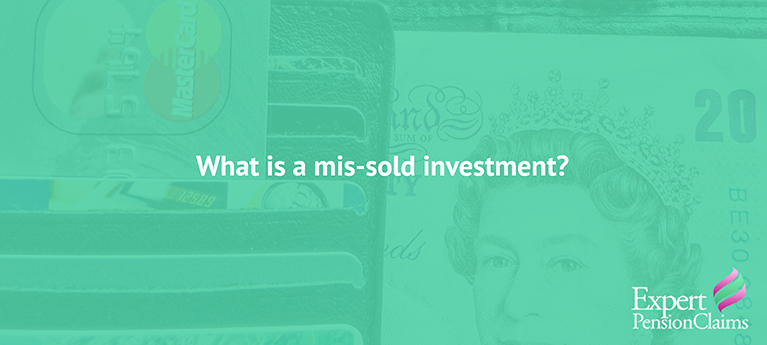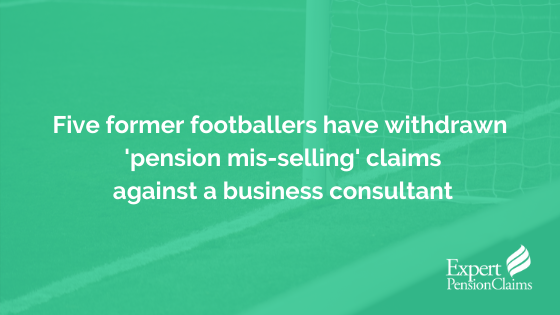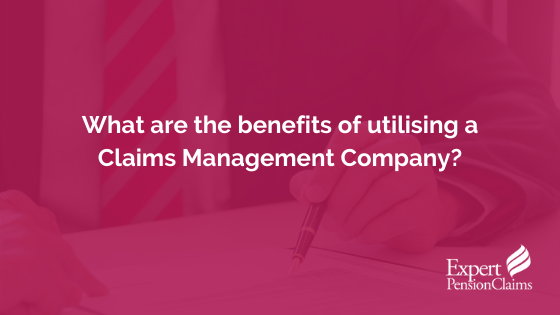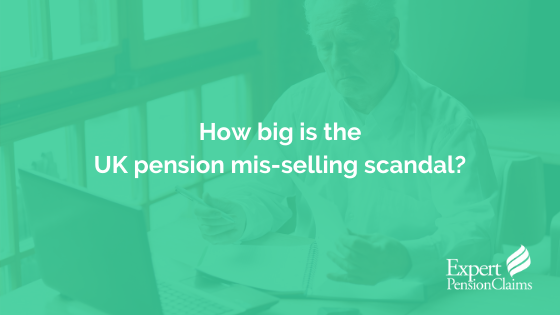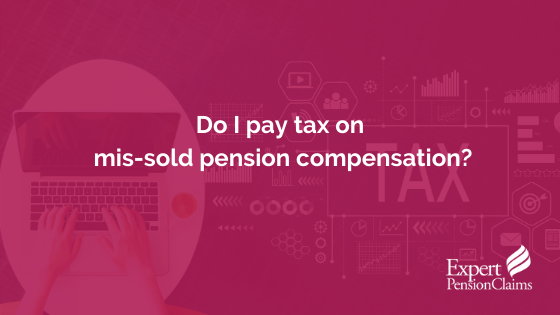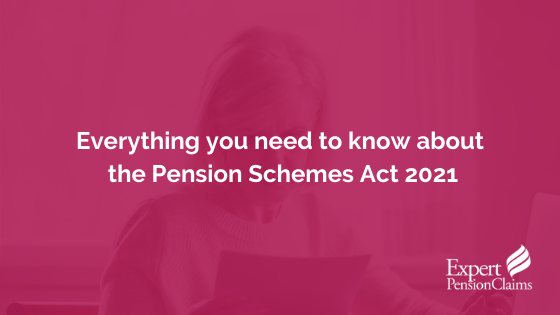Within the troubling world of financial mis-selling, an increasing number of people are being put into financial hardship after being mis-sold an investment opportunity. Any number of seemingly promising business ventures – from airport parking to ethical forestry schemes – can fall under the umbrella term ‘get-rich-quick schemes’.
And, for as amusing as this term may be, mis-sold investments are no laughing matter. The distinct lack of regulation and lawful oversight only compounds the fact that much of the UK public are made vulnerable by a lack of available information with which they could protect themselves.
This blog is going to try and remedy that. Here is everything you need to know about mis-sold investments.
What is a mis-sold investment?
When we refer to a mis-sold investment, we refer mostly to the act of ‘mis-selling’ itself; Investopedia defines it as “a sales practice in which a product or service is deliberately misrepresented or a customer is misled about its suitability”. The sales practices are the same (or at least similar) whether it’s a mis-sold investment or a mis-sold pension. In this case, we’re talking mis-sold investments.
Mis-sold investments are offered as extremely profitable ventures which, in the eyes of experienced, regulated investors, seem too good to be true. As we said earlier, many in the UK are not experienced or regulated investors.
Certain signature phrases may be used during the sales pitch, like: “unique opportunity”, and “once-in-a-lifetime”. These are phrases used mostly by individuals operating illegally with financial gain on their mind (you should also note that mis-sold investments can be offered by legitimate financial advisors looking to receive a high commission).
Mis-sold investments are high-risk
It’s generally understood that most investments carry an element of risk. However, an investment that would come under the ‘mis-sold’ bracket always has a high probability that it will perform poorly – with losses that could be potentially devastating.
Below are a few examples of high-risk investments:
- When the potential returns rely on a strict (but sometimes unpredictable) set of rules – this makes it difficult to predict just how the investment will perform
- Land banking is a high-risk investment because it is not always guaranteed that you will be granted planning permission.
- Venture Capital Trusts (VCTs) – you cannot possibly predict the success of a new company that you’ve invested in. It may take years for you to recoup your money.
That’s just a few examples of what a high-risk investment can look like. For more information about mis-sold investment claims, visit our mis-sold investments page.
How to tell if you have been mis-sold an investment
Here are a few scenarios that often result in an investment being mis-sold:
- You have been told to invest all or most of your savings in a single product or choice
- You feel that you have not been properly advised about the risks of certain decisions and you make an ill-advised, poor choice as a result
- You buy a legitimate investment, but the investment itself is too complicated for you to fully understand or comprehend, or it is not suitable for your circumstances
- You have purchased an investment without being made fully aware of the risks. Perhaps you’ve been given misleading or false information or have been sold a product unsuitable for your circumstances.
Claiming compensation for mis-sold investments
If you feel that any of the above scenarios apply to you, you should consider claiming compensation for mis-sold investments. If you have been made a victim of investment mis-selling by a financial advisor or any other related organisation, get in touch.


